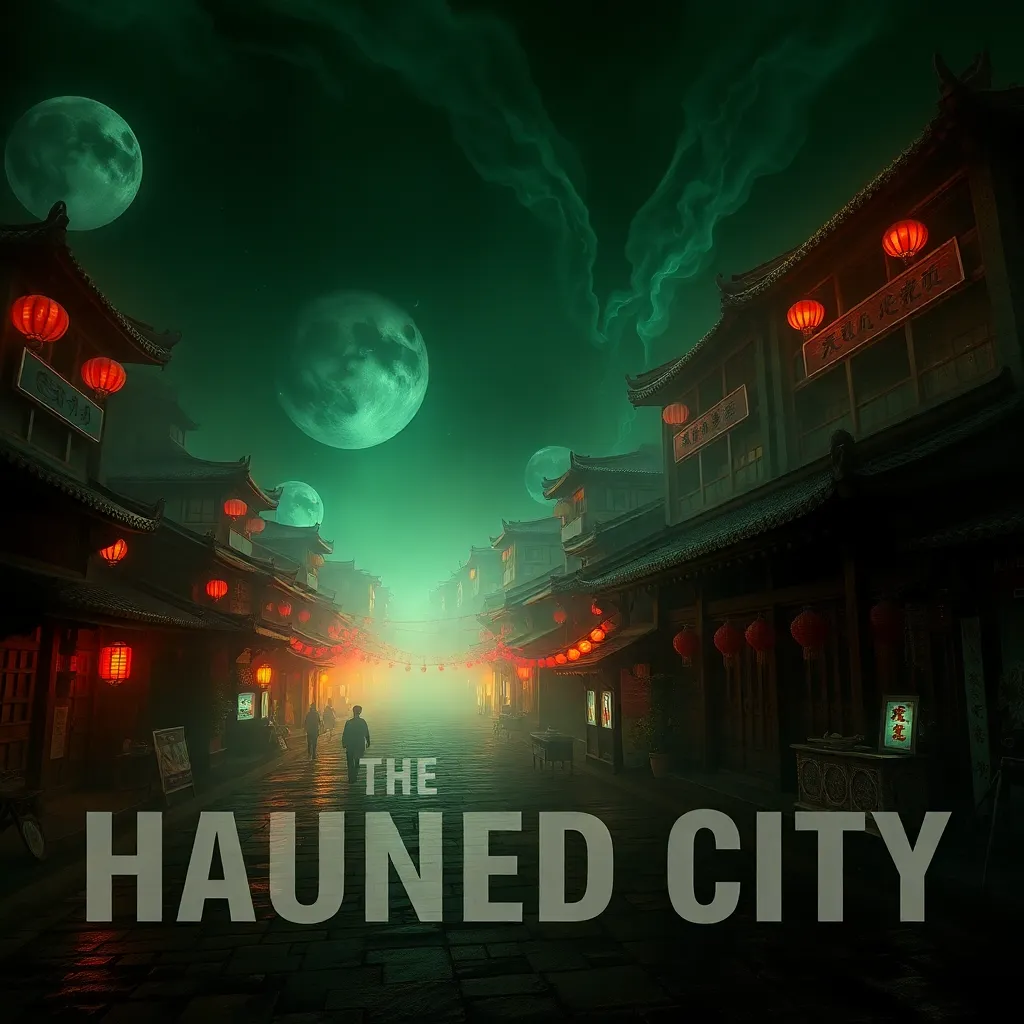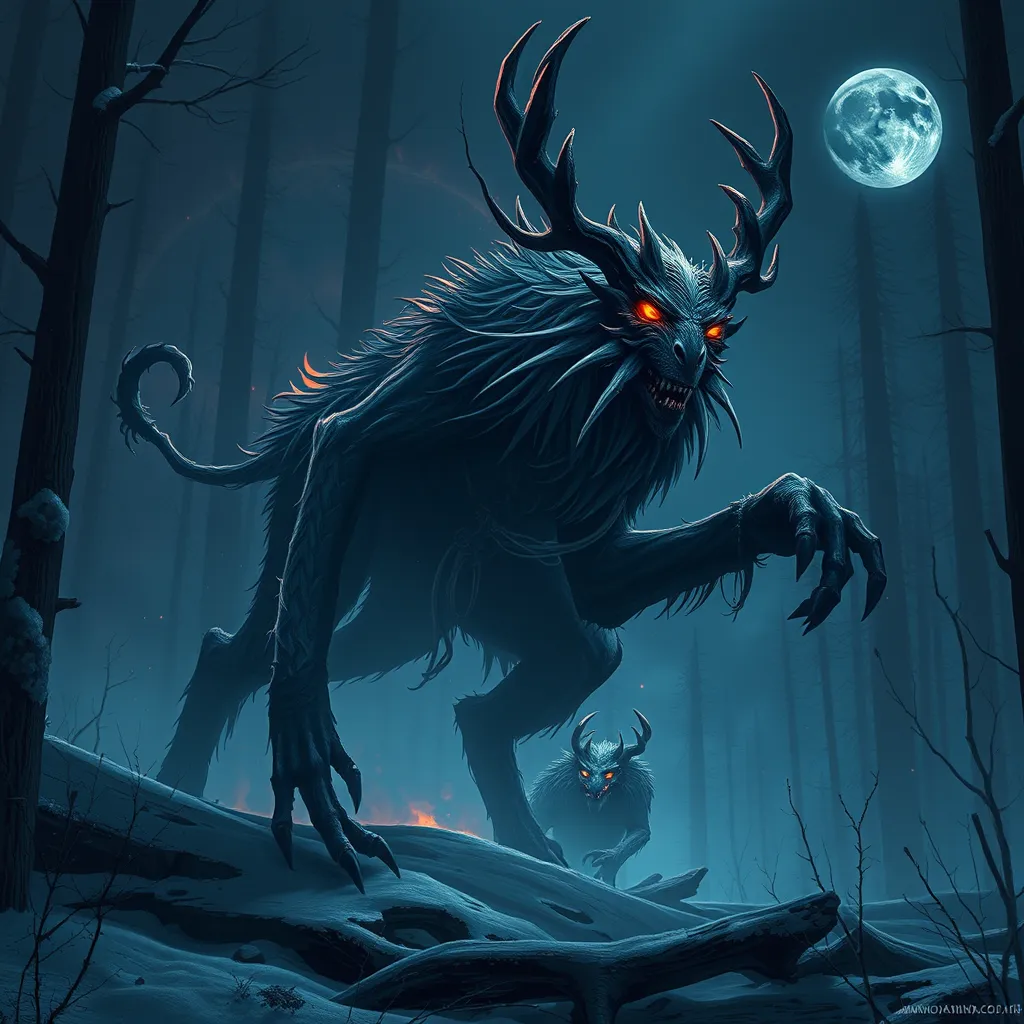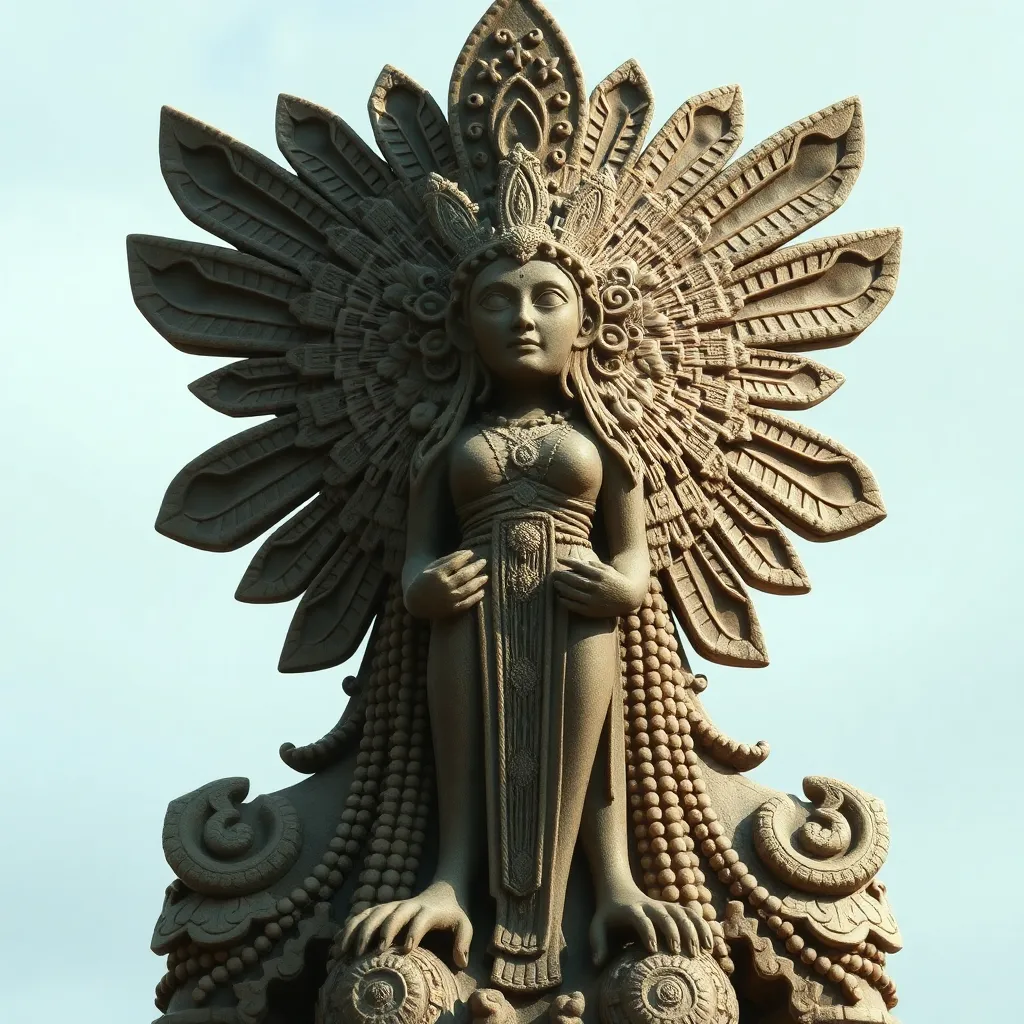The Haunted City: Investigating the Legends of the Chinese Ghost City, Fengdu
Introduction to Fengdu: The Ghost City
Fengdu, often referred to as the “Ghost City,” is located on the banks of the Yangtze River in Chongqing, China. This city has a rich historical significance and is renowned for its eerie atmosphere, which is steeped in the tales of the supernatural. Fengdu is a unique blend of history and legend, drawing countless visitors who are curious about its ghostly reputation.
In Chinese culture, the concept of ghost cities is prevalent. These cities serve as a bridge between the living and the dead, reflecting the beliefs and customs surrounding the afterlife. Fengdu stands as a prominent example of this tradition, where the boundaries of mortality and the supernatural blur.
Historical Background of Fengdu
The origins of Fengdu date back over 2,000 years, with its development closely tied to the evolution of Chinese civilization. Initially established during the Han Dynasty, the city has undergone numerous transformations throughout history. Its strategic location along the Yangtze River made it a vital trading hub, but it also became a site of spiritual significance.
Key historical events that contributed to Fengdu’s ghostly reputation include:
- The establishment of Taoist temples during the Tang Dynasty, which solidified its connection to the afterlife.
- The construction of the “Ghost City” theme during the Ming and Qing Dynasties, attracting attention to its legends.
- Various wars and natural disasters that have led to periods of abandonment, enhancing its mystical aura.
The Legend of Fengdu: Myths and Folklore
Fengdu is enveloped in a rich tapestry of local legends that have been passed down through generations. One of the most notable figures in Fengdu’s folklore is the King of Hell, known as Yan Wang. According to legend, he governs the underworld and judges the souls of the deceased.
Key figures in Fengdu’s folklore include:
- Yan Wang (King of Hell): The ruler of the underworld who determines the fate of souls.
- The Ten Judges: Assistants to Yan Wang who evaluate the sins of the deceased.
- Ghosts of the Unavenged: Spirits that wander the earth searching for closure.
These legends contribute to the haunting atmosphere of Fengdu, captivating the imaginations of those who visit.
Cultural Significance of Ghosts in Chinese Society
Ghosts and the afterlife hold a significant place in Chinese beliefs. The reverence for ancestors and the fear of restless spirits shape how the living interact with the dead. In Fengdu, this cultural significance is palpable, as the city reflects the broader attitudes toward death and the supernatural.
In Chinese society, ghosts are often seen as:
- Guardians of family lineage, ensuring the well-being of descendants.
- Messengers between the living and the dead, conveying wishes and warnings.
- Entities that require appeasement through rituals and offerings.
Fengdu serves as a physical manifestation of these beliefs, providing a space for reflection on mortality and the afterlife.
Tourism and Modern-Day Fengdu
Today, Fengdu stands as a popular tourist destination, attracting visitors from all over the world. The city has transformed into a site of interest, where tourists can explore its eerie landmarks and ancient temples. Major attractions include:
- The Ghost City of Fengdu: A sprawling complex featuring temples dedicated to the afterlife.
- Temples of the Three Realms: Structures that symbolize the celestial, earthly, and infernal realms.
- The Bridge of Helplessness: A famous bridge where visitors are said to encounter spirits.
These attractions not only highlight Fengdu’s ghostly reputation but also its cultural heritage, making it a fascinating destination for both thrill-seekers and history buffs.
Paranormal Investigations and Ghost Tours
Fengdu’s reputation as a ghost city has given rise to numerous ghost tours and paranormal investigations. Visitors often join guided tours to explore the darker side of Fengdu, seeking out places rumored to be haunted. Some of these tours include:
- Nighttime walks through the ancient streets, where guides recount chilling stories.
- Visits to temples believed to be the most haunted, with opportunities for ghost-hunting.
- Interactive experiences aimed at capturing evidence of the supernatural.
Accounts of ghost sightings and unexplained phenomena are common among visitors, further enhancing Fengdu’s allure. Many report feeling an unusual presence or hearing whispers in the stillness of the night.
The Intersection of History and Urban Legends
The narrative of Fengdu is a complex interplay of historical events and urban legends. The city’s rich history has given rise to numerous stories that blend fact with fiction. This dynamic relationship between history and mythology plays a significant role in shaping Fengdu’s identity.
Storytelling has a profound impact on tourism and cultural heritage, as it allows for the preservation of local traditions while attracting interest from outside. Visitors to Fengdu are not just experiencing a city; they are partaking in a living narrative that continues to evolve.
Conclusion: The Enduring Allure of Fengdu
Fengdu represents a unique intersection of history, culture, and the supernatural. Its ghostly reputation serves as a lens through which we can explore broader themes of mortality, belief, and the unknown. As a ghost city, Fengdu invites reflection on the significance of death in contemporary society and the ways in which we engage with our past.
Ultimately, the allure of Fengdu lies in its ability to captivate the imagination, drawing visitors into a world where history and legend coexist. As ghost cities like Fengdu continue to attract attention, they remind us of the enduring power of stories and the mysteries that lie beyond the veil of life.



